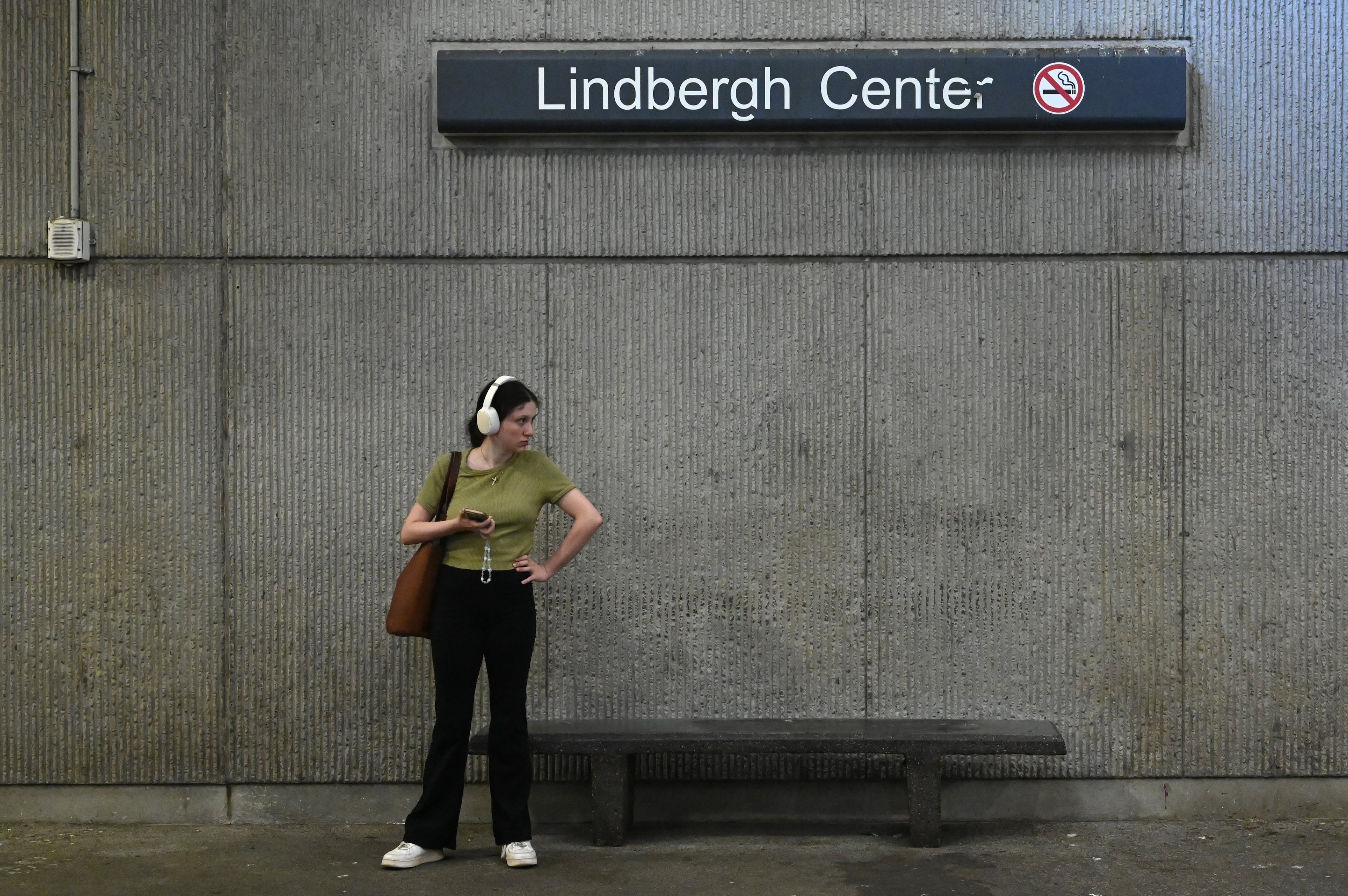State regulators approve Georgia Power’s pricey biomass energy plan

State regulators on the Public Service Commission on Tuesday approved a Georgia Power plan to source more energy from burning wood known as “biomass,” despite criticism from consumer advocates about its relatively hefty price tag.
An independent evaluator found the trio of contracts for which the monopoly utility was seeking approval would cost customers two to three times more than other sources of energy. The biomass proposal had been opposed by environmental and consumer advocates, who said it would cost Georgia Power customers billions of extra dollars on top of already-approved rate hikes.
Those increases, which the company tied to new nuclear reactors at Plant Vogtle, fuel costs and transmission upgrades, could add about $45 to the average residential customer’s monthly bill by next year, according to the Southern Environmental Law Center. The PSC and the company have not published their own estimates.
In hearings about the biomass proposal over the past few weeks, regulators acknowledged the high cost for Georgia Power customers, but said they were motivated by a desire to give an economic boost to rural parts of the state that rely on the timber industry.
The vote Tuesday was 4-1 in favor, with Commissioner Tricia Pridemore opposed. Most commissioners did not comment before the vote.
Georgia is a major player in the biomass industry, producing wood pellets that are often shipped to Europe and the United Kingdom for energy production.
Commission Chairman Jason Shaw acknowledged the item had provoked a lot of “strong opinions,” holding up a sheaf of papers from members of the public and organizations weighing in. He specifically noted letters of support from the Georgia Farm Bureau, the Georgia Agribusiness Council and the Georgia Forestry Association. He said they also got messages from “a lot of others.”
Shaw thanked “Everyone that’s taking part in this important decision.”
Under the proposals, Georgia Power would buy nearly 80 megawatts of power under three contracts from two providers. The utility is allowed up to 140 megawatts under its most recent integrated resource plan, the road map for energy production approved by regulators.
Commissioner Tim Echols previously said procuring more biomass would create forestry and trucking jobs, and avoid burning waste from lumber harvesting outside without pollution controls.
“We represent everyone in state, not just Georgia Power ratepayers,” Echols said.
The commission regulates investor-owned utilities, Georgia Power being the largest. Most rural parts of the state are served by municipal or cooperative power companies, which are not regulated by the commission. Out of five commissioners, only one, Fitz Johnson, has said he is a Georgia Power customer at his home.
In addition to concerns about the cost, some critics have also raised environmental issues.
Biomass is supported by some governments as a “renewable” fuel, because trees can be replanted. But many climate scientists have criticized that logic because biomass burns dirtier than coal.
A note of disclosure
This coverage is supported by a partnership with Green South Foundation and Journalism Funding Partners. You can learn more and support our climate reporting by donating at ajc.com/donate/climate.



